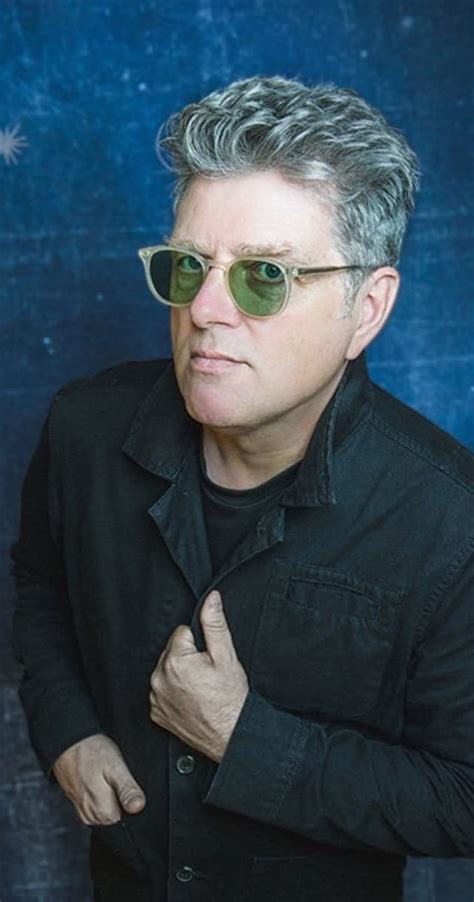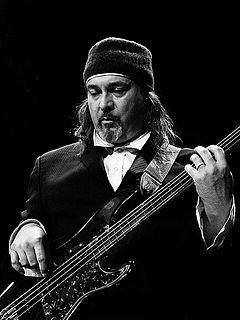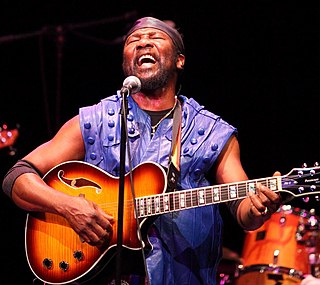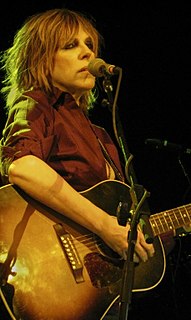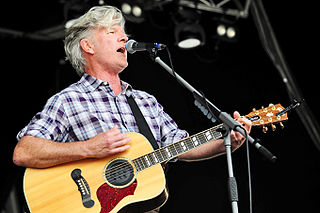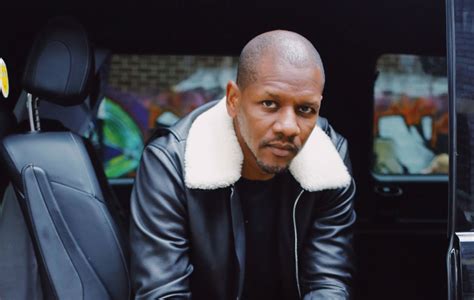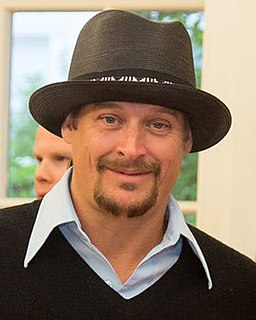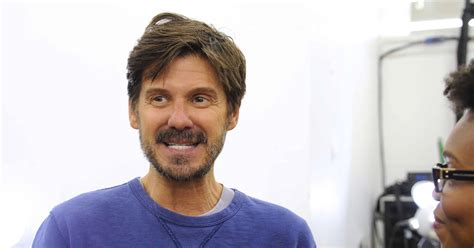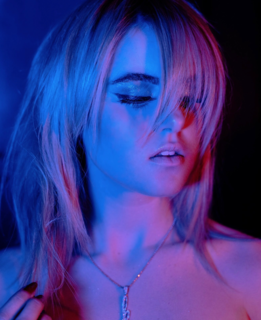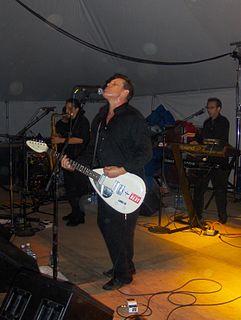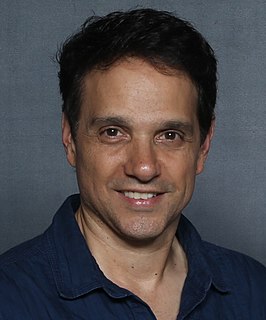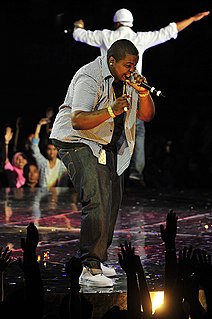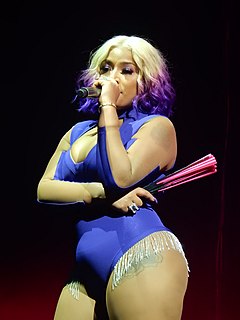A Quote by Tom Bailey
Twelve years ago me and Allanah became really sick of writing pop songs, ... Eventually we dug a grave for the Thompson Twins, pushed them in there, and then moved to New Zealand. Before that I'd lived for a long time in south London where reggae was the music of the streets around me. You'd hear it booming out of people's windows and shops, and you could buy great old reggae singles for 50p (NZ1.30) in second hand shops. I'd always loved that sound, so soon after we got here I started making electronic dub records with my mate Rakai Karaitiana as International Observer.
Quote Topics
After
Always
Around
Became
Before
Booming
Buy
Could
Dub
Dug
Electronic
Eventually
Got
Grave
Great
Hand
Hear
International
Lived
London
Long
Long Time
Loved
Making
Mate
Me
Moved
Music
New
New Zealand
Observer
Old
Out
People
Pop
Pop Song
Pushed
Really
Records
Reggae
Second
Second Hand
Shops
Sick
Singles
Songs
Soon
Sound
South
Started
Streets
Them
Then
Time
Twelve
Twins
Windows
Writing
Years
Years Ago
Zealand
Related Quotes
Basically, there were three aspects of dub that influenced dubstep. The most important was playing the instrumental versions of vocal garage tracks, which was a little like what dub was to reggae - the instrumental of a full vocal.The second was dub as a methodology, which, for me, is apparent in all dance music: manipulating sound to create impossible sonic spaces using reverb, echo and such. The third is the influence of the genre called dub. (It became a cliché actually, through sampling old Jamaican films and soundtracks, and adding vocal samples.)
Up until the rise of electronic music, if you were a musician in Portugal or Germany or Italy or Japan, and you didn't sing in English, you really were limited: You could be successful in the country where people understood your language. The world of electronic music is completely international. You have DJs from Finland making huge records for people in New Zealand, DJs in South Korea making huge records for people in France. By the fact that it doesn't cost anything to make, and that it transcends language, nation it accidentally accomplishes a lot of really remarkable things.
The big change was reggae and hip-hop, which came along after Split Enz had started. When Bob Marley first visited New Zealand, he lit a fuse that is still burning very brightly. The Maori people particularly honor reggae music in a very big way. So there is a strong reggae scene and a strong hip-hop scene, especially among Samoans. There's still plenty of quirky stuff around. No one expects to make much money here, so it definitely does encourage an underground sense.
I've always been into music. I used to DJ. I used to mix reggae and that. I used to be into reggae hard. Well first it was rap, then reggae, then rap again, then rap and reggae. But I was always DJing out my window for the whole estate. Everyone used to sit outside and all and listen. And I used to be running rhythms in that.
I've just really been into melody and lyrics and songwriting. Writing a rap, to me, is easy. I could write a rap like that. But writing songs and melodies and s**t that's hopefully going to stick around for 30, 40 years is f**king hard...If you have good songs and you're talented, people will eventually come to your shows, people will buy your music.
In some ways it's hard to see electronic music as a genre because the word "electronic" just refers to how it's made. Hip-hop is electronic music. Most reggae is electronic. Pop is electronic. House music, techno, all these sorts of ostensibly disparate genres are sort of being created with the same equipment.
One of the first places where I started to respond to song lyrics was in reggae music. A lot of what I was responding to were references to the Old Testament. It was not that I had to adapt the lyrics to the sound. Reggae and the Old Testament are bound up together. There wasn't anything that I had to do.
We found that if you played a bunch of punk singles in a row, people would dance like crazy and then get worn out and go somewhere else in the house. And if you played reggae all the time, people ended up leaning against the walls and nodding their head. But if you mixed it up, the floor got more and more packed, and the energy from the two types of music seemed to feed into each other, and the adrenaline from the punk, and the seductive sway of the reggae seemed to fit together.
I describe me sound as international: reggae, pop, rap, R&B all in one. I think I have my own style. I can't really even describe it. People say, "What type of genre is your music?" It's Sean Kingston genre. I have my own genre. No disrespect to no artist or dudes out there. I feel like I am my own person. I am doing my own thing.
